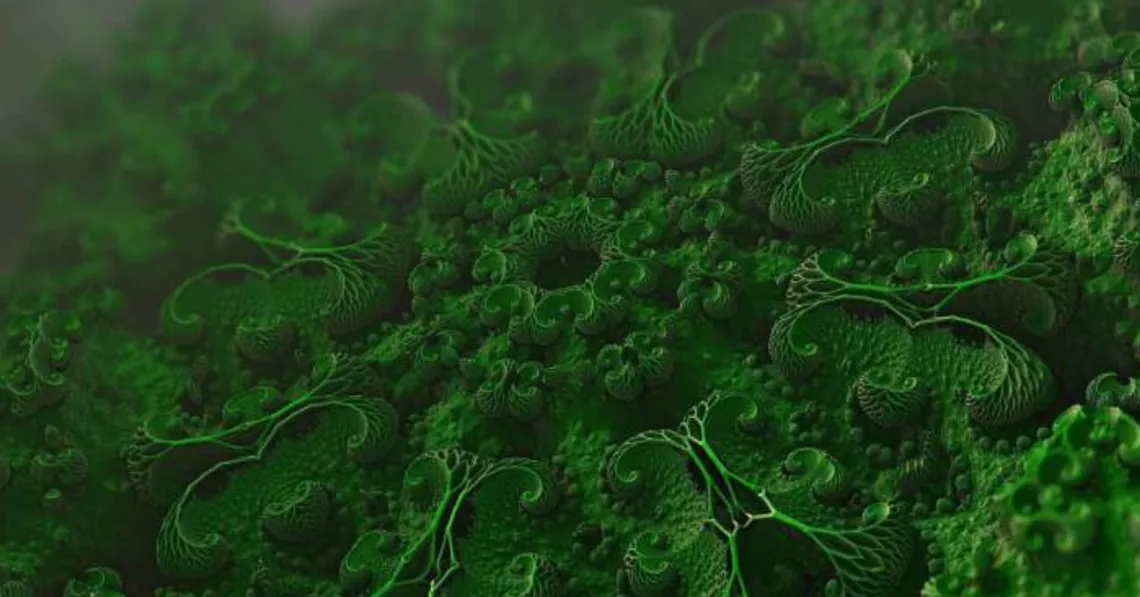How Microbes Could Aid the Search for Extraterrestrial Life

Artist conception of extraterrestrial microbes.
Pixabay/CC0 Public Domain
In the quest to address fundamental questions about the nature of the universe and the search for extraterrestrial life, space has been an important frontier for human exploration. Microbes, among the earliest forms of life to appear on Earth, have survived the ravages of time, withstood inhospitable conditions and shaped the planet in unique ways, prompting research and intrigue about the plausibility that somewhere, some sort of microbial life might exist beyond Earth.
Space is an extremely inhospitable habitat, which begs the question—could microbes even survive there? One of the earliest experiments exploring microbial ability to persist in space environments involved a Russian satellite carrying strains of E. coli and Staphylococcus to space, in 1960. The study concluded that these particular microbes could survive microgravity. Over the next years, NASA conducted experiments that concluded that not only could some microbes survive the hostile conditions of space, but they could also thrive in them.
One microbe with unique properties to survive intense gamma radiation in space is Deinococcus radiodurans. Experiments designed to test the ability of D. radiodurans to survive space conditions involved zapping the bacteria with intense gamma radiation, oscillating temperatures at specific intervals and reducing pressure to a space-like vacuum. Despite this barrage of intense stressors, the microbes not only survived, but could also replicate and grow.
While the mechanisms of survival are not fully understood, small-molecule proteome shields and synthesis of novel proteins capable of withstanding oxidative damage are thought to be involved in conferring D. radiodurans the ability to survive space. Furthermore, researchers demonstrated that D. radiodurans could survive in the space station for three years.
Such results have fueled speculations about whether microbes like D. radiodurans could survive on another planet, as the adaptations that help D. radiodurans survive in space could potentially also be useful in aiding survival on other planets.
